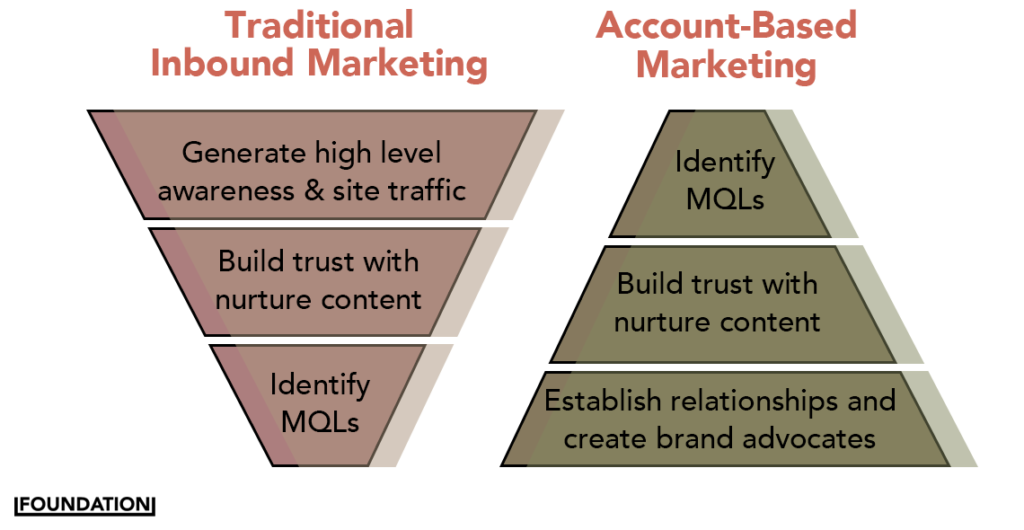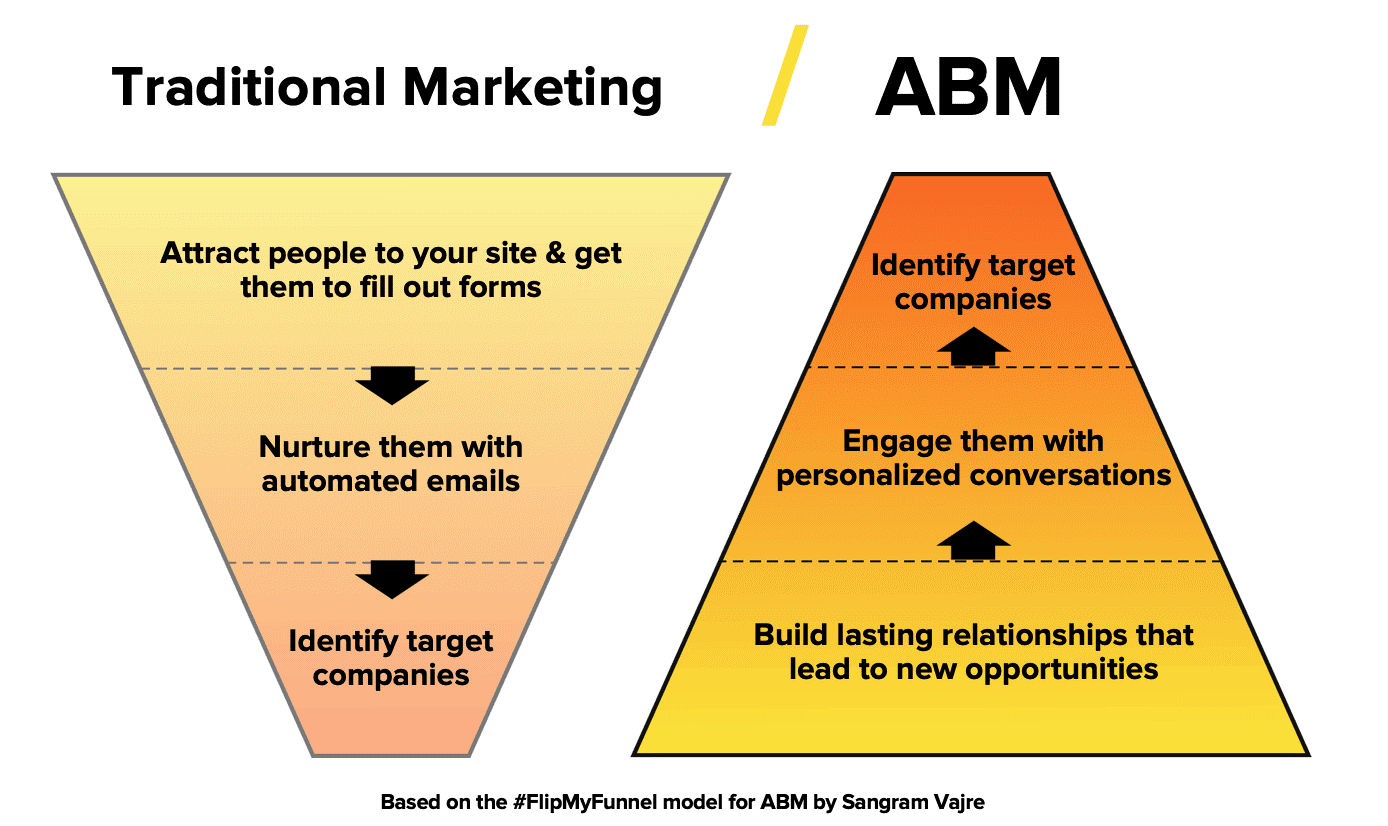ABM Platforms
No tools found in showcase directive
Debug Info
json
{
"name": "tool-showcase",
"toolPaths": [],
"nodeChildren": []
}(2025-08-16T14:57.266Z)
Perplexity Query
(2025-08-16T14:57
.266Z)
Question:
Write a comprehensive one-page article about "ABM Platforms".
Response from sonar-pro:
ABM Platforms: Powering Precision in B2B Marketing
Account-Based Marketing (ABM) platforms are specialized technology solutions designed to help businesses target, engage, and convert specific high-value accounts through highly personalized marketing and sales strategies. These platforms have become increasingly significant as B2B organizations shift from broad, generic outreach to more focused, relationship-driven approaches—ensuring marketing resources are invested in accounts most likely to generate substantial returns.
[a7v23h]
[5weo2e]

Understanding ABM Platforms: Concepts and Applications
At their core, ABM platforms function as hubs that unify sales and marketing teams, facilitate tailored campaign creation, and streamline communication with targeted accounts.
[tciao0]
[lr78pe]
Unlike traditional marketing methods that cast a wide net, ABM platforms enable organizations to concentrate efforts by leveraging data—such as industry, company size, buying behavior, and pain points—to identify and prioritize key accounts with strong revenue potential.
[a7v23h]
[5weo2e]
A practical example is seen in the technology industry, where a software company may use an ABM platform to identify Fortune 500 companies needing enterprise security solutions. The platform enables sales and marketing to jointly build campaigns containing personalized content, targeted ads, and coordinated outreach—resulting in higher engagement from decision-makers. Similarly, professional service firms employ ABM platforms to nurture relationships with major prospects, maintaining consistent messaging across all channels and touchpoints.
[tciao0]
Key benefits of ABM platforms include:
- Precision targeting: Marketers can focus only on accounts with the greatest likelihood of closing, using firmographic and intent data. [zvgyx6]
Despite their advantages, ABM platforms present challenges:
- Complexity and resource demands: Successful ABM requires deep alignment and continuous coordination between teams, as well as data integration from multiple sources. [lr78pe]
- Longer setup time: Tailoring content and building custom strategies for each account can be time-intensive.
- Measuring success: It may take longer to see measurable results compared to broader marketing campaigns.

Current State and Market Trends
The adoption of ABM platforms has accelerated, particularly amongst B2B enterprises targeting large, complex deals or aiming to differentiate in crowded markets.
[lr78pe]
Major technology providers—such as Demandbase, Terminus, 6sense, and Salesforce—lead the ABM platform market, offering integrated solutions spanning data analytics, personalized content delivery, and marketing automation.
Recent trends include:
- The rise of programmatic ABM, harnessing artificial intelligence and real-time data to automate account selection, optimize campaigns, and provide granular tracking throughout the buyer journey. [zvgyx6]
- Deeper integration with CRM and sales enablement tools, ensuring every team operates from a single source of truth.
- Expansion into intent data and predictive analytics, helping companies spot when a key account demonstrates higher purchase readiness.

Future Outlook
As B2B sales cycles lengthen and buying committees grow more complex, future ABM platforms are likely to emphasize even greater personalization, automation, and actionable intelligence. AI-powered features will anticipate client needs, optimize touchpoints, and help marketers create experiences that resonate with each individual involved in complex purchase decisions. The continued convergence of sales, marketing, and customer success functions within these platforms will make ABM a core driver of revenue growth and competitive advantage across industries.
Conclusion
ABM platforms have become integral for B2B marketers seeking targeted engagement, strong ROI, and closer alignment with sales. As technology evolves, these platforms are set to further transform how organizations build and sustain high-value customer relationships, underpinning future growth in a data-driven marketing landscape.
Citations
[a7v23h] 2025, Jun 16. What is account based marketing?. Published: 2021-07-07 | Updated: 2025-06-16
[tciao0] 2025, Jun 16. Your guide to account-based marketing (ABM). Published: 2023-07-26 | Updated: 2025-06-16
[zvgyx6] 2025, Jun 16. 4 Benefits of Account-Based Marketing for Programmatic. Published: 2024-06-19 | Updated: 2025-06-16
[lr78pe] 2025, Aug 16. Benefits of Account-Based Marketing. Published: 2023-09-06 | Updated: 2025-08-16
[5weo2e] 2025, Aug 05. What is account-based marketing (ABM)?. Updated: 2025-08-05